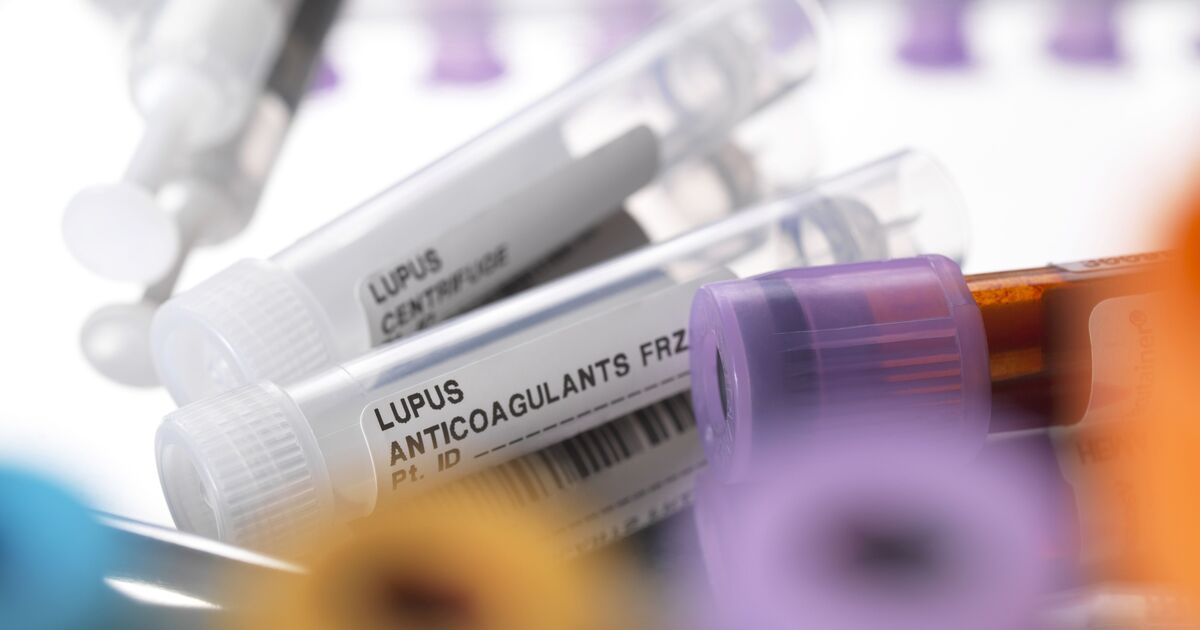Three UK patients have received “groundbreaking” treatment for the disease lupus, which could end their need for lifelong drugs.
Until now, CAR T-cell therapy here has been used only in cancer patients.
But experts believe it could treat other diseases, including potentially fatal lupus, where the body’s immune system attacks its own tissues and organs, and multiple sclerosis.
It genetically modifies cells so the immune system can recognise and attack those that become a problem.
An NHS clinical trial, led by University College London Hospitals NHS Foundation Trust and University College London, has given CAR T to three patients with the most serious form of lupus, which can damage the heart, lungs, brain and kidneys.
And early signs are the therapy, given just once, could “revolutionise” treatment.
In Germany, patients who had the treatment over a year ago are still in remission and do not need drugs.
The first UK patient, Katherine, 32, was treated in July at the National Institute for Health and Care Research at Manchester Royal Infirmary. Two others have since had it at UCLH.
Mum-of-three Katie Tinkler, 50, of Guildford, Surrey, who has had lupus for 30 years, had hers on Wednesday.
She said: “If this works, it’s life-changing. The dream is to be lupus-free…that would be phenomenal.
“I’ve had this for 30 years – it’s being attacked from the inside 24/7.”
Lupus ranges from mild to severe. Symptoms include joint pain, fatigue and inflammation of major organs.
People have to take drugs from ibuprofen to steroid tablets and injections, or other immuno-suppressant or biological medicines, for life.
Around 69,000 people in the UK have lupus, which mostly affects women. Katherine, from Manchester, had to quit her banking job because of the disease.
She said: “I cried happy tears going home from the trial, thinking there was a chance I could wake up every morning without pain, being able to do things like play with my daughter and imagining living a somewhat normal life. It felt amazing.”
After just a few weeks, she says she has more energy, has no joint swelling and is “feeling hopeful for the future”. CAR T-cell patients will be followed up for 15 years, but doctors hope it could correct the underlying defect in lupus and potentially cure those with its most serious form.
Professor Ben Parker, consultant rheumatologist and study lead at Manchester Royal Infirmary, said: “We are delighted to be the first to deliver this fantastic research in the UK. This groundbreaking new therapy marks a significant milestone in our research.”
Dr Maria Leandro, of UCLH, said: “We have seen the effectiveness of CAR T, particularly in blood cancers, and hope we can replicate this in autoimmune diseases, starting with lupus.
The clinical trial is sponsored by London-based biotech firm Autolus.









